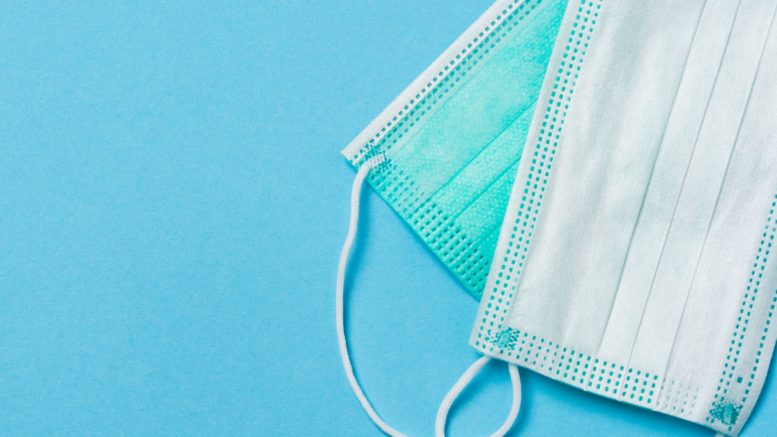Homemade masks can play an important role in the fight against the COVID-19 pandemic but the type of fabric used is key to their effectiveness, according to tests performed at Wake Forest Baptist Health.
In an effort to determine the protective qualities of homemade cloth masks, a team of doctors and scientists used rigorous testing, known as particulate filtration, to evaluate 13 different designs from approximately 400 masks made by community volunteers.
The goal was to find out which type of mask best removed particles 0.3 – 1.0 microns in diameter, the size of many viruses and bacteria, in comparison to standard surgical masks and N95 respirators.
“We saw the possibility that we could face a shortage of surgical masks in the hospital and wanted to investigate the possibility of using cloth masks as an alternative as long as they worked and provided good protection for our doctors, nurses and patients,” said Scott Segal, MD, chair of anesthesiology at Wake Forest Baptist, who conceived of the idea.
Testing was done by the Manufacturing Development Center at the Wake Forest Institute for Regenerative Medicine, part of Wake Forest Baptist.
What the test team found was that the masks’ effectiveness varied widely. The best homemade masks achieved 79% filtration as compared to surgical masks (62% to 65%) and N95 masks (97%). But other homemade masks tested performed significantly worse, sometimes demonstrating as little as 1% filtration, Segal said.
The best-performing design was constructed of two layers of high-quality, heavyweight “quilter’s cotton” with a thread count of 180 or more, and those with especially tight weave and thicker thread such as batiks. A double-layer mask with a simple cotton outer layer and an inner layer of flannel also performed well, he said.
The inferior performers consisted of single-layer masks or double-layer designs of lower quality, lightweight cotton.
“As important as this information is for hospitals, it is also important for people who want to make masks for their own use,” Segal said. “We don’t want people to think that just any piece of cloth is good enough and have a false sense of security.”
Non-commercially produced masks are not currently in use at Wake Forest Baptist due to regulatory restrictions. However, Segal said, there is a group of community volunteers already making surgical masks based on design specifications indicated by the test with fabric provided by the hospital.
“We are so grateful to these wonderful people who are donating their skill and labor to help us do our work,” he said.
Source: Wake Forest Baptist Health

Be the first to comment on "Testing Shows Type of Cloth Used in Homemade Masks Makes a Difference"